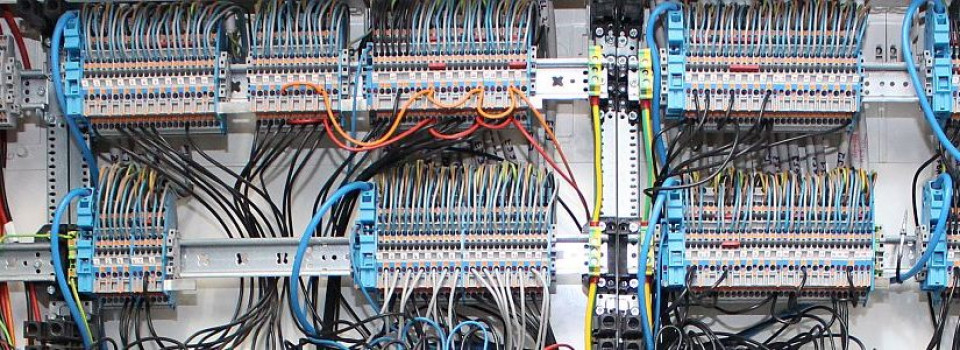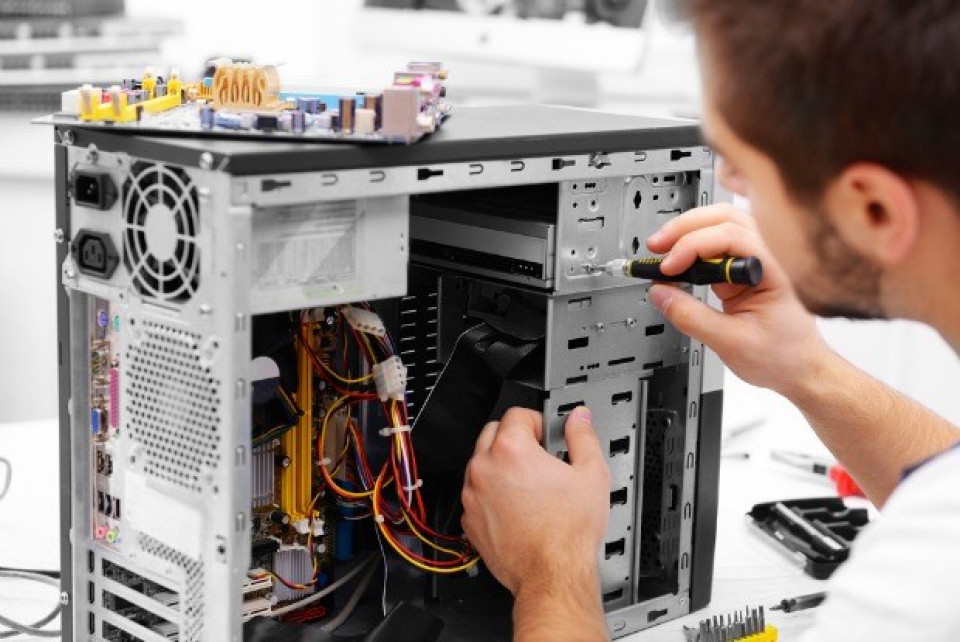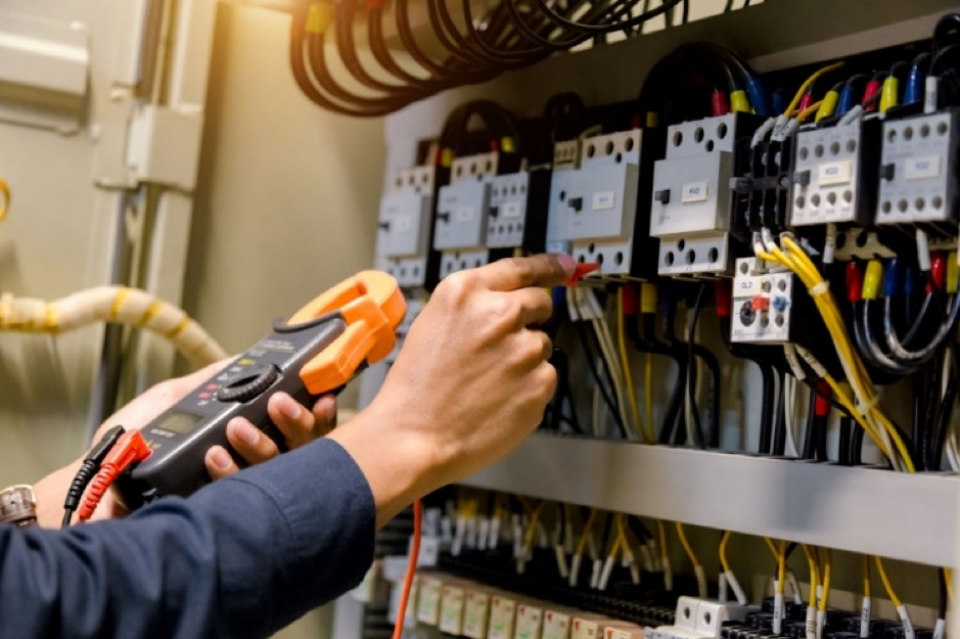What Do Electrical Contractors Do, and Why Are They Important?

An enterprise's electrical system is a crucial part of its operations, and electrical contractors are responsible for keeping these systems running smoothly. Thus, when enterprise owners hire electrical contractors, they expect reliable and efficient services.
In this regard, if you are looking for an electrical contractor, why don't you visit this site http://northwestee.com/ for an overview of the different services you can gain access to? That being said, let's discuss the role of electrical contractors and explain why they're an invaluable cog in the enterprise wheel.
1. Design
Before setting up an electrical system, contractors design it according to government regulations. And since every organization is unique, the contractor factors in the specifics of the enterprise before finalizing their design. For complex projects, they partner with engineers to ensure the system meets industry requirements.
Depending on the system's complexity, the initial drawings may be crude sketches or more sophisticated CAD models. Likewise, the design process may involve construction planning and evaluation of material costs.

2. Installation
This process involves fitting and wiring components into the electrical system. Basically, it calls for precision and tremendous care to ensure all connections are secure and in line with the blueprint.
Electrical contractors may specialize in different areas such as solar, HVAC (Heating, Ventilation, and Air Conditioning), fire alarm systems, or property automation. Hence, their role might differ based on the nature of the project.
They also supervise and inspect the installation to ensure it meets safety guidelines. On a related note, contractors can install timers or switches for lighting control and energy efficiency. Similarly, they liaise with other entities, such as utility companies, to ensure connections with outside sources are secure and functioning properly.
And through testing, they detect faults in the system before it goes live. That way, they guarantee the safety of personnel and equipment.

3. Maintenance
Any complex system with many components requires regular maintenance to keep it operational. As such, contractors schedule maintenance checks, which might involve testing and replacement of old or outdated parts.
They also offer repair services when the system encounters issues undetected during testing or installation. Repairs may also be necessary when the system suffers damage from environmental factors such as water and extreme temperatures.
Thus, an electrical contractor is usually on hand to service or upgrade the system when needed. In industrial settings, whereby downtime can significantly impact an entity's bottom line, electrical contractors are the first line of defense against system failure. Their prompt services often prevent costly delays and keep businesses humming.

idevicerepaircentre.files.wordpress.com
4. Managing Client Relationships
Every project entails a lot of back and forth between the contractor and the customer. As such, contractors strive to maintain good relationships with their clients. To this end, they often visit the site to ensure the system runs as expected and follow up with clients for feedback.
This helps them identify potential areas of improvement and address issues that might arise. And since they typically provide ongoing support, contractors help meet their customers' needs.
The Importance of Electrical Contractors
Although an electrical contractor's role could vary based on their specialty or a project's stage, they help organizations build efficient systems for enhanced productivity. Here's a quick peek at the value they offer to enterprises or industries:
-
Expertise - As experienced professionals, electrical contractors have the technical skill to design and install systems with little or no error.
-
Safety - Through testing and maintenance activities, they help ensure an organization's electrical system is safe. This averts potential issues that could undermine operations or lead to injury or property damage. Their adherence to safety codes and regulations also guarantees safety and ensures the system meets industry standards.
-
Cost savings - Electrical contractors help organizations save money by ensuring their systems are free from faults and running optimally. Having a knowledgeable contractor in charge of the job eliminates the hassle of getting lost in technical details. Their timely invention in case of system errors also helps organizations avert hefty repair costs. And by selecting quality components for the entire system, they also help avert the costs of replacing subpar parts. Similarly, they allocate adequate resources - labor, materials, etc. - for the job to minimize waste.
Electrical contractors are an integral part of any organization's success. Whether your enterprise needs an electrical upgrade or a new system, your contractor's expertise ensures everything goes according to plan. And as we've highlighted, they're the heroes behind the curtain, orchestrating successful projects while guaranteeing safety and keeping costs low.










